Continental is working a 3D display without special glasses with interior camera to detect driver’s line of sight, for HMC Genesis GV80.
Technology company Continental is launching its volume-production display featuring autostereoscopic 3D technology on the market in the HMC Genesis GV80 high-line variant. On the screen, the technology displays three-dimensional scales, pointers and objects, for example displaying a stop sign warning in the driver’s line of sight. No special glasses are required to see the three-dimensional warning signal. Instead, Continental uses parallax barriers – slanted slats that divide the image for the viewer – as if looking at real objects, two different, slightly offset views reach the right and left eye, resulting in the three-dimensional image.
Continental’s interior camera, which detects the driver’s line of sight and adjusts the 3D views to their precise head position, plays an essential role. To prevent drivers from focusing their attention on the 3D screen for too long, the camera also employs attention detection to identify potential moments of driver distraction or fatigue. With the 3D visualization of the instrument cluster, Continental is focused on ensuring the driver is not overloaded with information provided by advanced driver assistance systems, communication services and infotainment applications.
“With our volume-production display featuring autostereoscopic 3D technology, we are raising human-machine interaction to a whole new level and laying the foundations for intuitive communication in the connected cockpit of tomorrow,” said Dr. Frank Rabe, head of the Human Machine Interface business unit at Continental. “To ensure that this gain in safety and comfort does not come at the expense of a lean electronics architecture, we integrated various displays in the center console or dashboard into our Cross Domain Hub.”
Images credit Continental
source Continental

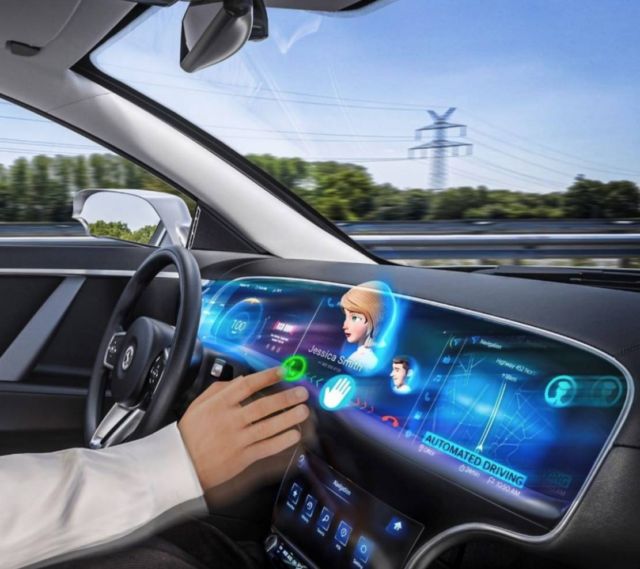
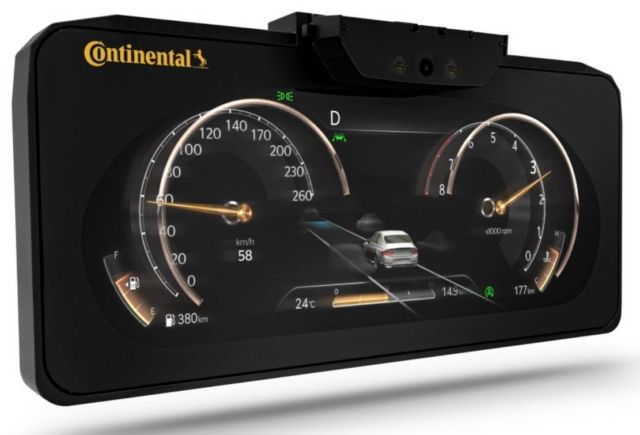
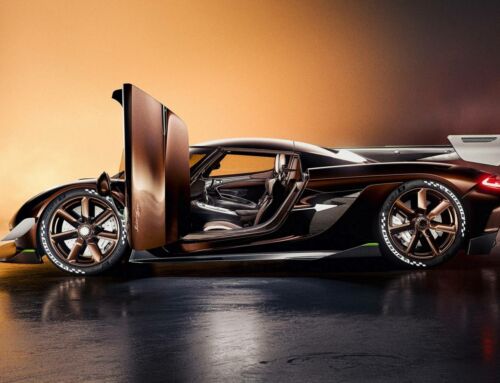
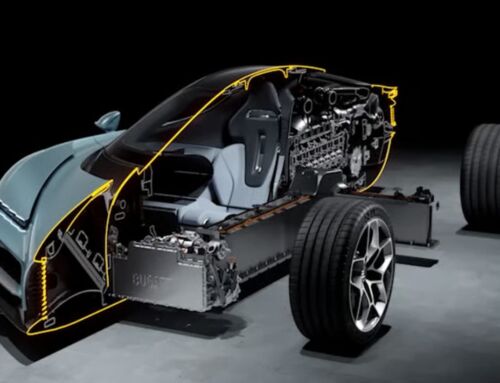
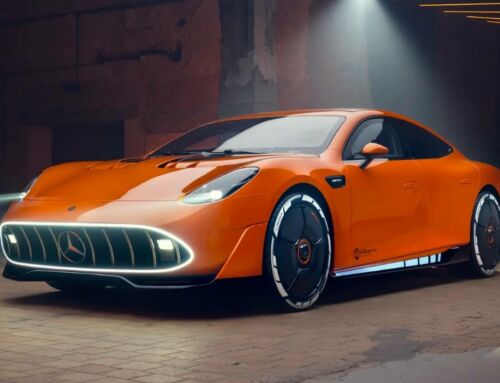
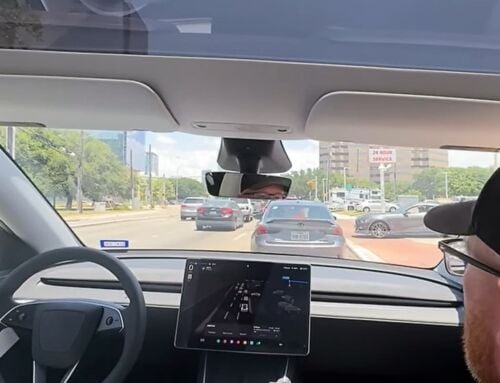
Leave A Comment